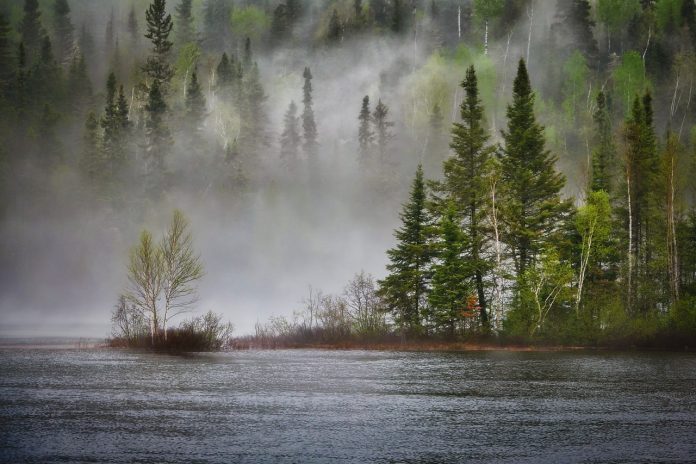As rising sea levels threaten their very existence, small island nations like Tuvalu are taking a bold stand on the global stage. These nations have presented their case to the International Court of Justice (ICJ), calling for stronger international obligations to combat climate change and protect human rights.
The impacts of the climate crisis are already devastating these vulnerable communities. Flooding, coastal erosion, and saltwater intrusion are making once-thriving lands uninhabitable, forcing families to relocate and erasing centuries-old cultures. For Tuvalu and its neighbors, this is not just an environmental crisis—it’s a fight for survival.
Seeking Accountability
At the heart of the ICJ case is the need for accountability. These nations argue that major greenhouse gas emitters must take responsibility for their role in accelerating global warming. They are urging the ICJ to clarify the legal obligations of states to protect the environment and human rights under international law.
The case is groundbreaking because it seeks to address climate justice from a legal perspective. By emphasizing the intersection of environmental protection and human rights, it underscores the moral and legal duty of nations to act decisively against climate change.
A Call for Global Solidarity

The plight of small island nations is a stark reminder of the urgent need for global action. These communities are the frontlines of the climate crisis, yet they contribute the least to global emissions. Their case highlights the disproportionate burden they bear and calls for equitable solutions, such as financial support for adaptation and mitigation efforts.
Hope for the Future
The ICJ’s decision, expected in 2025, could set a historic precedent, shaping the way the world addresses climate responsibility. Regardless of the outcome, Tuvalu and other island nations have already made a powerful statement: the voices of those most affected by the climate crisis will not be silenced.



